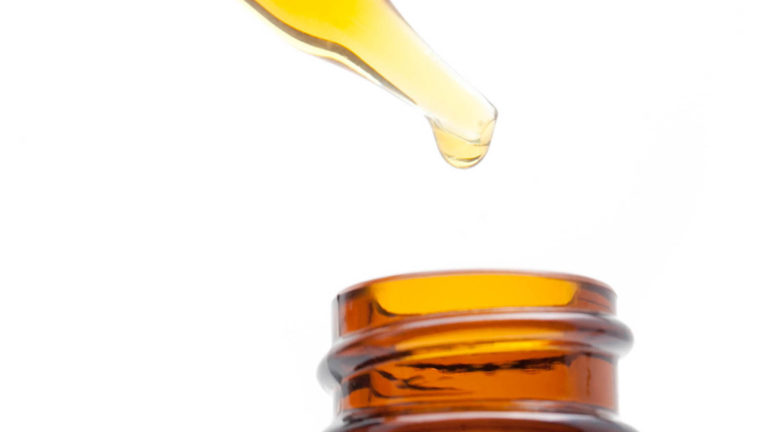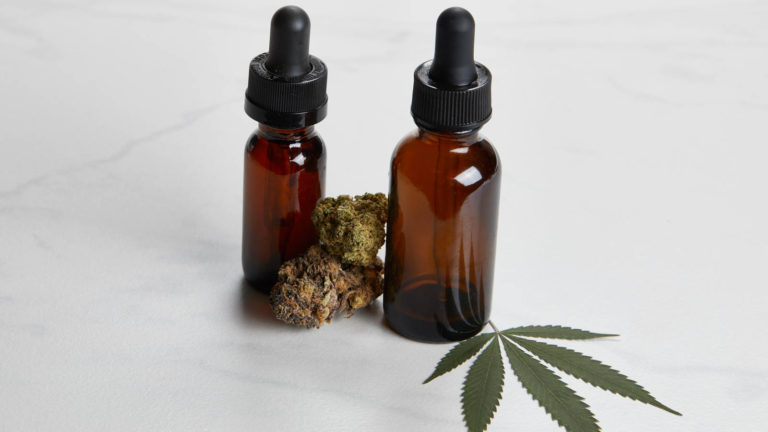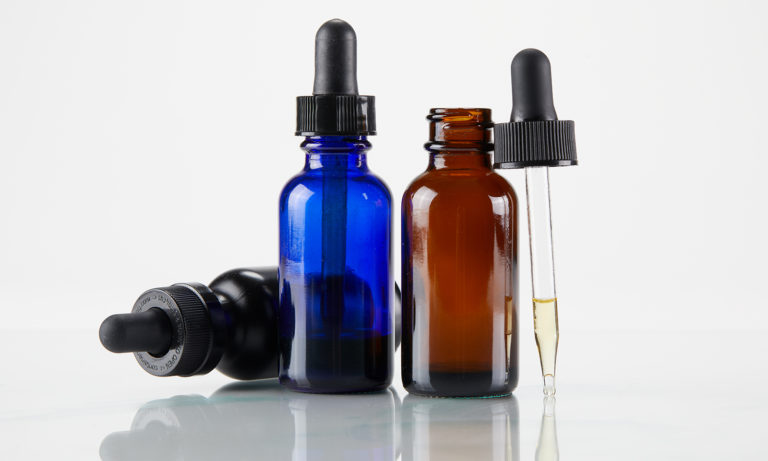Yes. Hemp-derived CBD products are legal in New Jersey. In addition, CBD derived from marijuana plants is legal for qualifying patients authorized to participate in the state's medical marijuana plan.
For those who are not registered in the medical marijuana program, there's hemp-derived CBD, which was made legal in New Jersey in August 2019 with the New Jersey Hemp Farming Act, following the 2018 Farm Bill, which legalized industrial hemp at a federal level.
New Jersey completely decriminalized hemp and requires a license to grow or process this agricultural commodity. The New Jersey Department of Agriculture is in charge of licensing and regulations, and the New Jersey Hemp Program was among the first three states to be approved by the US Department of Agriculture.
What is CBD?
CBD is a non-intoxicating cannabinoid found in cannabis. After tetrahydrocannabinol (THC), cannabidiol (CBD) is the second-most abundant cannabinoid in the plant, and has many potential therapeutic benefits, including anti-inflammatory, analgesic, anti-anxiety and seizure-suppressant properties. CBD can be sourced from both marijuana plants and hemp plants, which are legal in most countries as they contain minuscule amounts of THC.
 Photo by: Gina Coleman/Weedmaps
Photo by: Gina Coleman/WeedmapsImage lightbox

Combine THC and CBD to fully employ the entourage effect; THC and CBD work hand-in-hand to amplify each others' effects.
Why is CBD sometimes illegal?
The 1970 Federal Controlled Substances Act categorized all types of cannabis, including hemp, as Schedule I, which is defined as a substance with a high potential for abuse, no accepted medical use, and a likelihood for addiction. The act prevented further research that may have shed light on beneficial uses for cannabis.
Things changed with the passage of the 2014 Farm Bill, which recognized the difference between hemp, which must contain less than .3% THC by weight. Marijuana, on the other hand, is defined as containing more than .3% THC and is still categorized as a Schedule I controlled substance. The Hemp Farming Act of 2018 was signed by President Donald Trump on Dec. 20, 2018, and removed hemp from the list of Controlled Substances, making it legal at a federal level. CBD derived from marijuana plants remains illegal on the federal level, while CBD derived from hemp is legal but governed by rules that the U.S. Department of Agriculture (USDA) has yet to draft.Following the passage of the Farm Bill, the US Food and Drug Administration (FDA) was given the authority to regulate CBD labeling, therapeutic claims, and its use as a food additive. The FDA has taken the stance that hemp-derived CBD may not be added to food and beverages, nor marketed as dietary supplements. The FDA has been strict when it comes to health claims and content that could be construed as medical advice about CBD.
While the 2018 Farm Bill did legalize hemp, its production, and the sale of any product derived from it, including CBD, it's still highly regulated. The bill allows some states to make their own rules for CBD cultivation and sale. States may regulate CBD in food, beverages, dietary supplements, and other products while waiting for final FDA rules.
New Jersey CBD laws
In August 2019, New Jersey lawmakers passed New Jersey Assembly Bill 5322, which set up licensing requirements for growing and processing industrial hemp. While many states moved to legalize hemp production after the passage of the 2018 Farm Bill at the end of the year, New Jersey was one of a few states that started doing so after the 2014 Farm Bill recognized the difference between industrial hemp, from which CBD is derived, and marijuana.
The state passed NJ A1330 in November 2018, adopting the same standard as the federal government, requiring industrial hemp to contain .3% or less THC by weight and setting up a pilot program that was eventually replaced by the subsequent passage of NJ A5322.
 Photo by: Gina Coleman/Weedmaps
Photo by: Gina Coleman/WeedmapsImage lightbox

The new statute completely legalized all forms of hemp and products derived from it, as long as the crop was grown in a legal manner with less than .3% THC. Growers and processors must be licensed, and anyone who grows hemp without authorization will be subject to the same penalties as those who get caught growing marijuana. Three violations in five years would result in a five-year ban from growing hemp.
Intentional attempts to skirt the law would be referred to state and federal law enforcement agencies. Hemp products, including CBD, may be transported out and into the state, provided the out-of-state CBD was produced from industrial hemp and not marijuana plants. New Jersey has submitted its plan to the U.S. Department of Agriculture (USDA) and it awaits approval. NJ A5322 specifically states that individuals may still grow hemp in the state if USDA doesn't approve the state's plan as long as the grower complies with federal statutes.
Hemp-derived CBD is legal in New Jersey in all forms, including cosmetics, personal products, and food. NJ A5322 allows the state's health department to set rules around CBD. All hemp is required to undergo testing for THC levels, and any hemp that tests higher than .3% THC must be reported to the producer and the USDA, and may be required to be retested.
New Jersey CBD possession limits
There are no possession limits in New Jersey when it comes to hemp-derived CBD. For medical patients using marijuana-derived CBD, the possession limit for medical marijuana in New Jersey is 2 ounces, or 56.7 grams, of marijuana product in a 30-day period.
 Photo by: Gina Coleman/Weedmaps
Photo by: Gina Coleman/WeedmapsImage lightbox

Where to buy CBD in New Jersey
Smaller, local retailers and health food stores in New Jersey may offer CBD products. Shopping online is another option since the U.S. Postal Service (USPS) has confirmed that legal CBD products may be shipped by mail. CBD products can usually be found online at the websites of specific brands, while a list a reputable CBD brands can be found on Weedmaps.
How to read CBD labels and packaging
The FDA currently does not allow CBD-infused food, drinks, or dietary supplements to be sold, and hasn't reached a final conclusion on regulating hemp-derived CBD products. While the FDA slowly and cautiously approaches making new regulations for CBD products, the gap between regulated products and anything goes grows wider, leaving consumers at risk of buying poor-quality products. When buying CBD products look for these on the label:
- Amount of active CBD per serving
- Supplement Fact panel, including other ingredients
- Net weight
- Manufacturer or distributor name
- Suggested Use
- Full spectrum, broad spectrum, or isolate
- Batch or date code

